Vietnam's digital economy maintained double-digit growth, reaching US$36 billion, driven mainly by e-commerce and online travel.
E-commerce up 18%
Google, Temasek and Bain & Company have just released the 9th Southeast Asia Digital Economy Report with the theme "Profits on the rise, exploiting the advantages of Southeast Asia", updating the digital economic trends of 06 Southeast Asian countries: Indonesia, Malaysia, Philippines, Singapore, Thailand, Vietnam in six areas: e-commerce, food delivery services, transportation, online travel, online media and financial services.
Accordingly, Vietnam's digital economy maintained double-digit growth, driven mainly by the field. e-commerce and online travel.
Vietnam's gross merchandise value (GMV) is expected to grow at a compound annual growth rate (CAGR) of 16%, reaching US$36 billion by 2024. Of which, e-commerce and online travel are the main driving forces.

In 2024, the e-commerce industry alone grew 18% over the same period in 2023, with GMV reaching 22 billion USD, becoming the main growth driver of Vietnam's digital economy.
The report says that by 2023, Vietnamese consumers will be expanding their scope of discovery, with non-branded searches accounting for 68% of total searches, while searches for specific brands account for the remaining 32%. Brands are reaching audiences by partnering with content creators in more diverse areas beyond their core categories, and many brands are even becoming content creators themselves.
Besides e-commerce, Vietnam's online tourism is expected to grow 16% year-on-year to reach US$5 billion by 2024, contributing significantly to the gross merchandise value (GMV).
Online travel continues to generate revenue through increased commission rates per flight, while direct retail channels contribute the largest share of total revenue. This growth is driven by the recovery of travel from Asia Pacific (excluding Southeast Asia), which accounts for 52% of total travel spending in Vietnam.
Meanwhile, Vietnamese people also spend the most on tourism in the Asia Pacific region (excluding Southeast Asia), accounting for more than one-third of total overseas tourism spending by Vietnamese people, equivalent to 36%. Notably, spending by Vietnamese tourists abroad has grown by 290% since the first half of 2020, with 58% of spending on shopping.
Cashless society
According to the report, the digital transformation and development shows that users are increasingly adaptable and ready to adopt new solutions and services. This also promotes the level of interest and demand for artificial intelligence (AI) among the digital consumer community in Southeast Asia, especially in large cities.

In Vietnam, Ho Chi Minh City and Da Nang lead the country in terms of interest and demand for AI. Education, marketing, and healthcare are the three industries that generate the most searches for AI in Vietnam.
In addition, AI is also playing a transformative role in the development of the creative economy. With the popularity of accessible and easy-to-use content creation tools and platforms, this has created momentum for the creative economy to thrive. Accordingly, in Vietnam, more than 22% of mobile app downloads integrate AI features such as photo effects, content creation and video editing.
Recognizing this opportunity, the Vietnamese government last year announced an ambitious digital roadmap that emphasizes AI and semiconductor technology, along with the goal of economic growth and improved public services. This proactive approach by the government has enabled Vietnam to make significant progress in digital technology despite previous limitations in infrastructure investment.
In addition, Vietnam is rapidly adopting a cashless approach, driven by community initiatives and innovative financial solutions. The development of e-wallets and the widespread adoption of QR code payments have significantly reduced cash transactions. Government initiatives have standardized payment systems and enhanced interoperability, further encouraging the shift to cashless.
Source



![[Photo] Prime Minister Pham Minh Chinh chairs meeting to urge highway projects](https://vstatic.vietnam.vn/vietnam/resource/IMAGE/2025/3/29/6a3e175f69ea45f8bfc3c272cde3e27a)
![[Photo] Dong Ho Paintings - Old Styles Tell Modern Stories](https://vstatic.vietnam.vn/vietnam/resource/IMAGE/2025/3/29/317613ad8519462488572377727dda93)


![[Photo] Prime Minister Pham Minh Chinh and Brazilian President Luiz Inácio Lula da Silva attend the Vietnam-Brazil Economic Forum](https://vstatic.vietnam.vn/vietnam/resource/IMAGE/2025/3/29/f3fd11b0421949878011a8f5da318635)






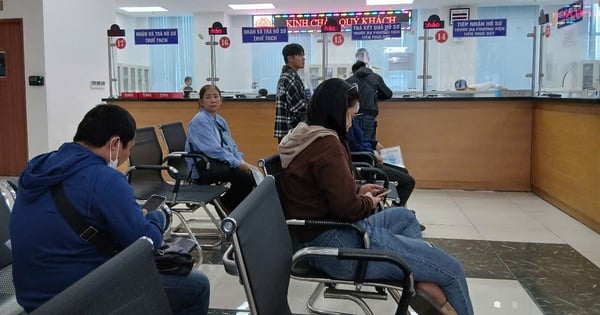


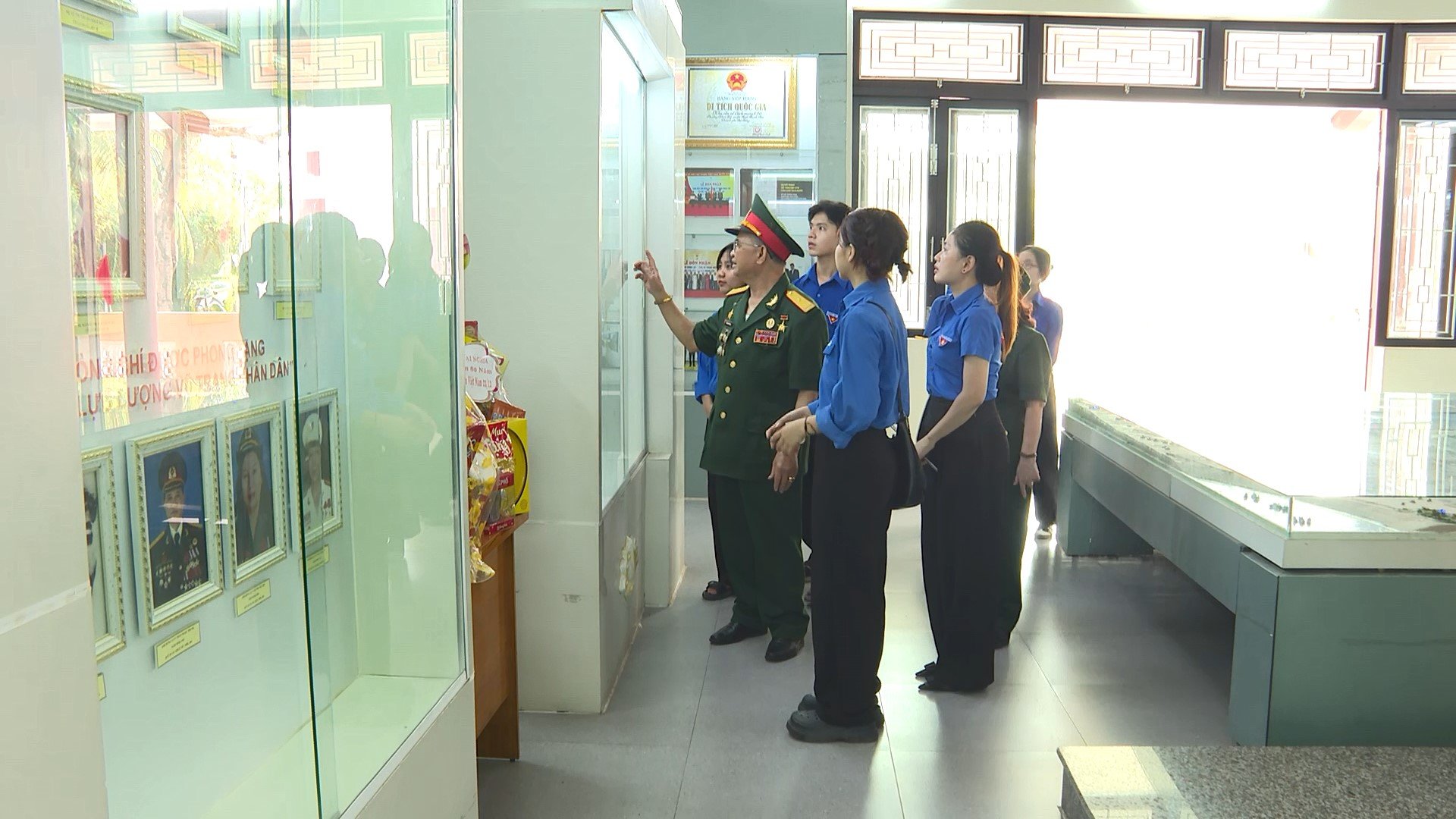
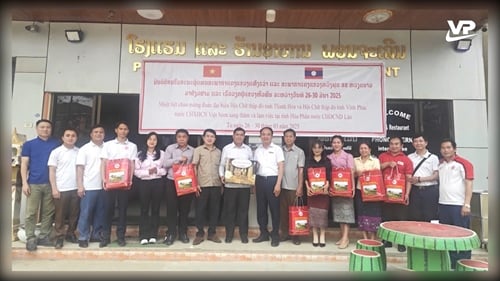








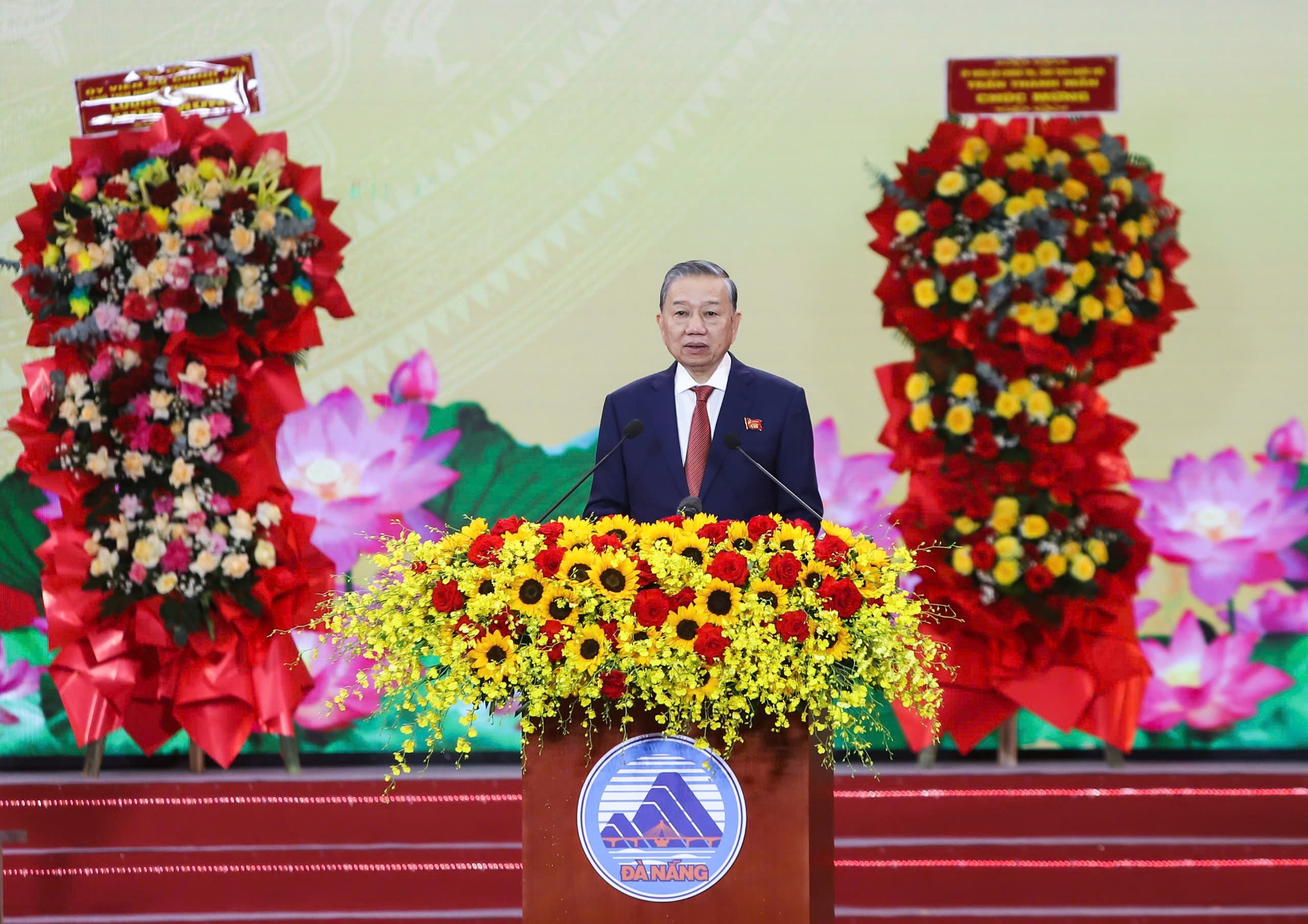


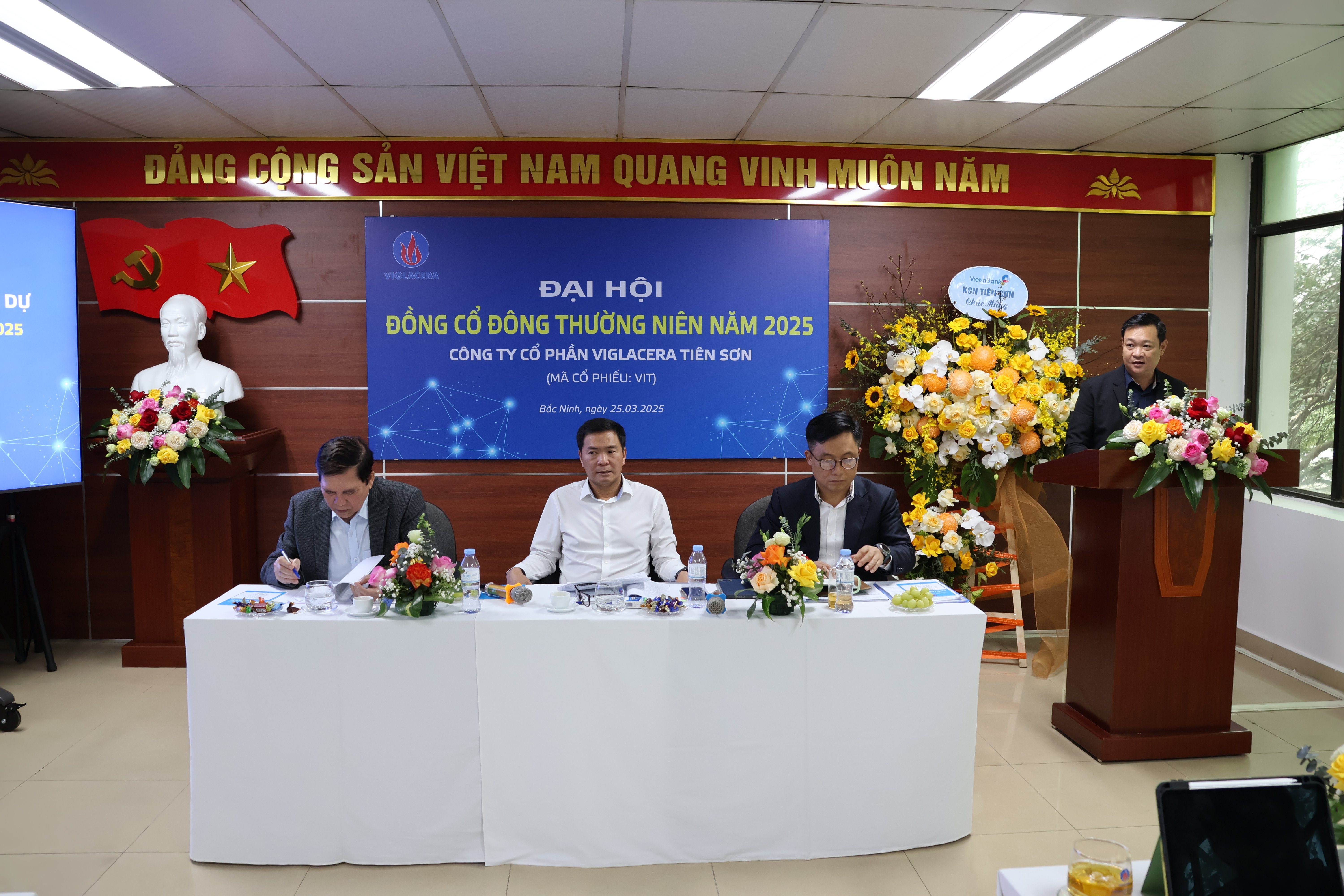



































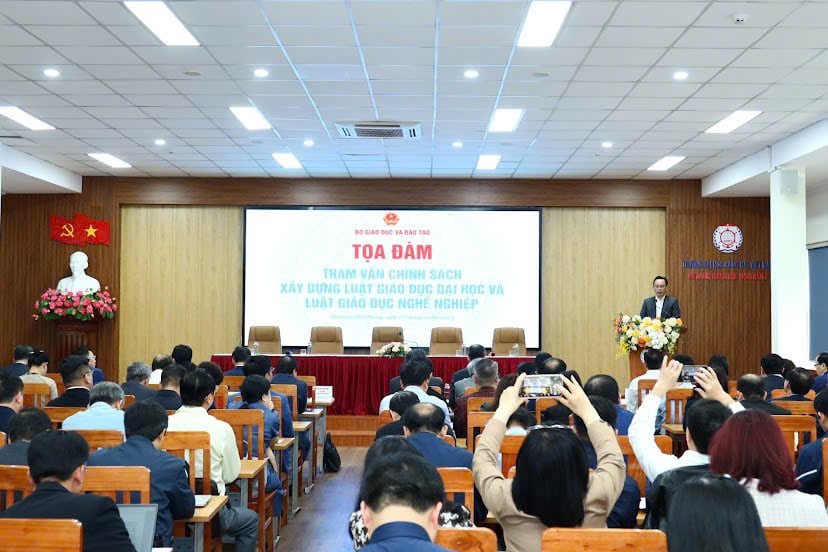




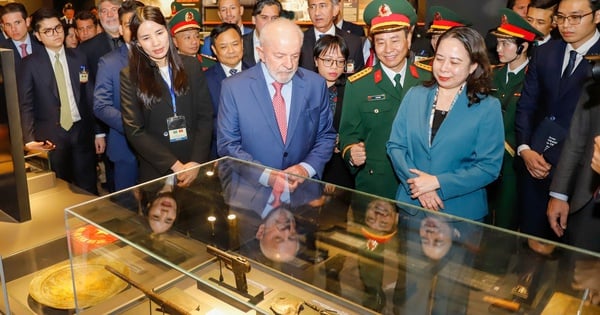

















Comment (0)